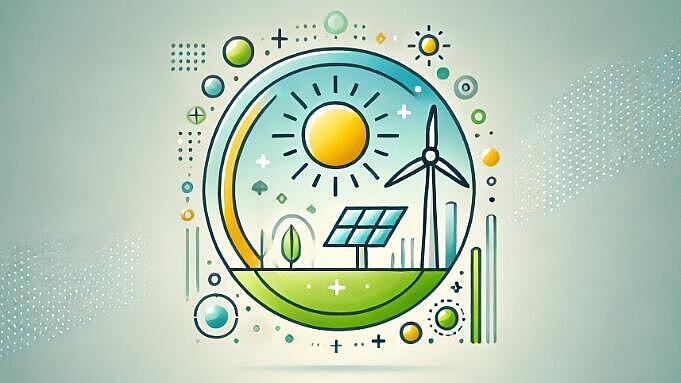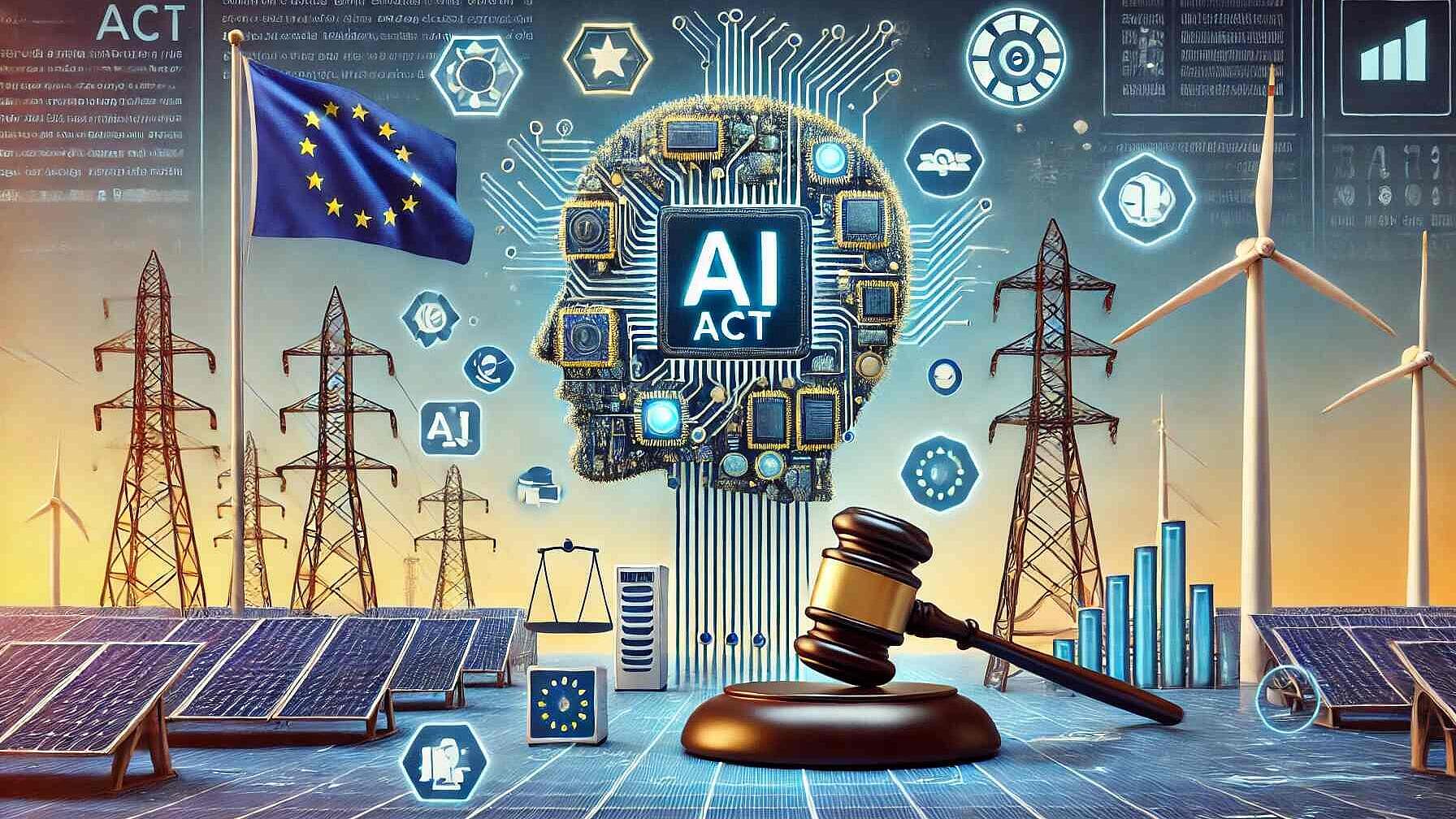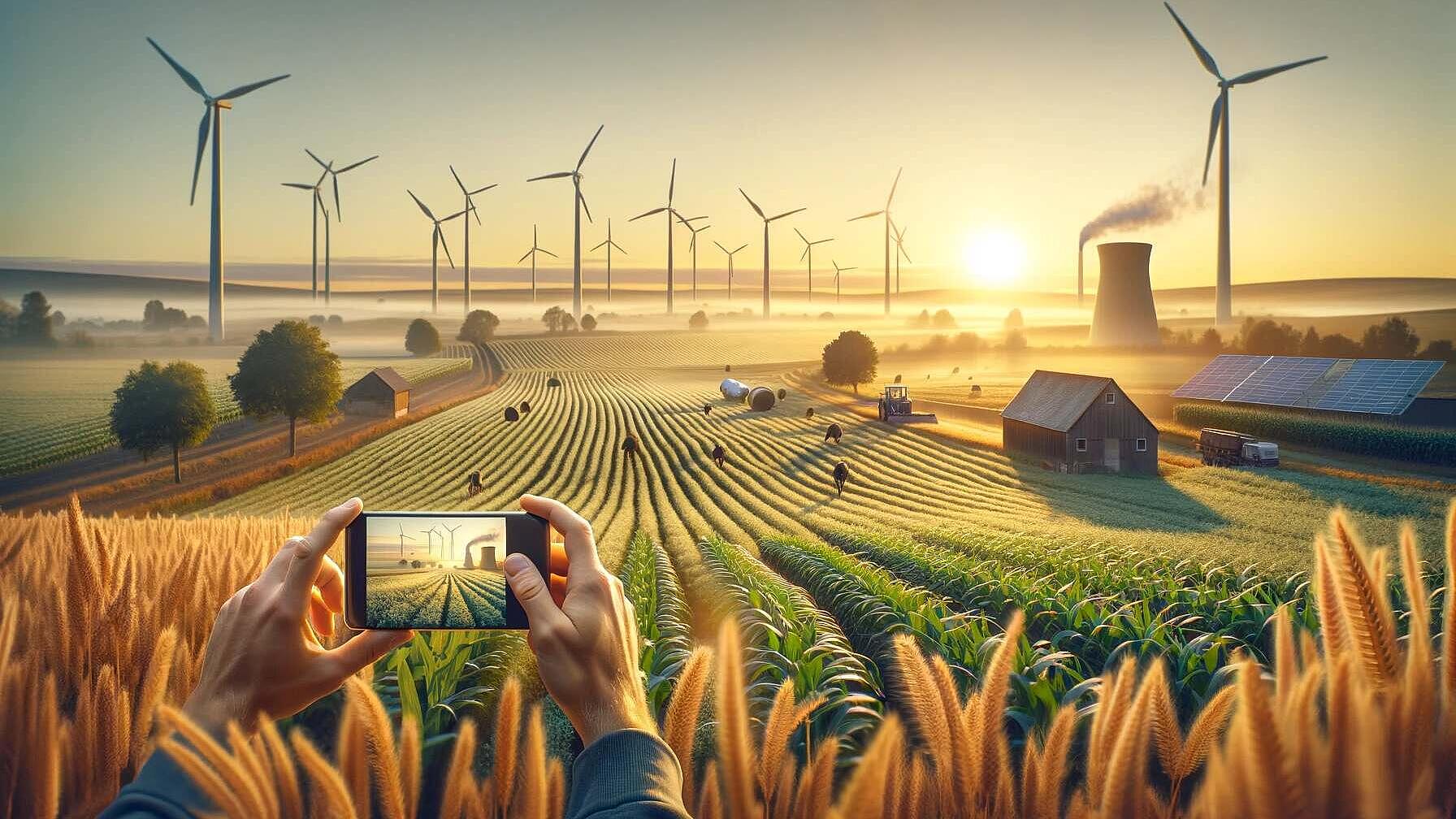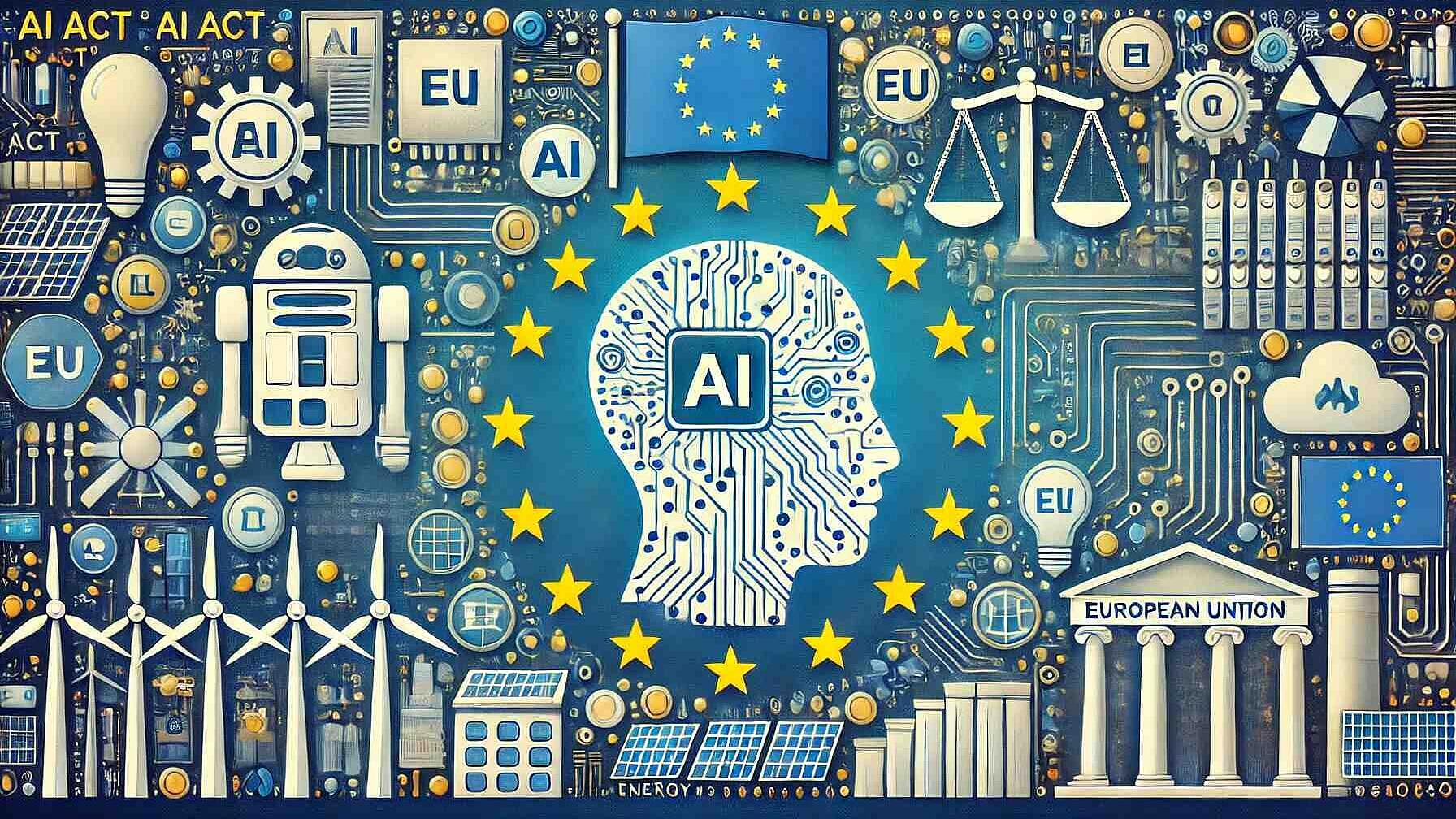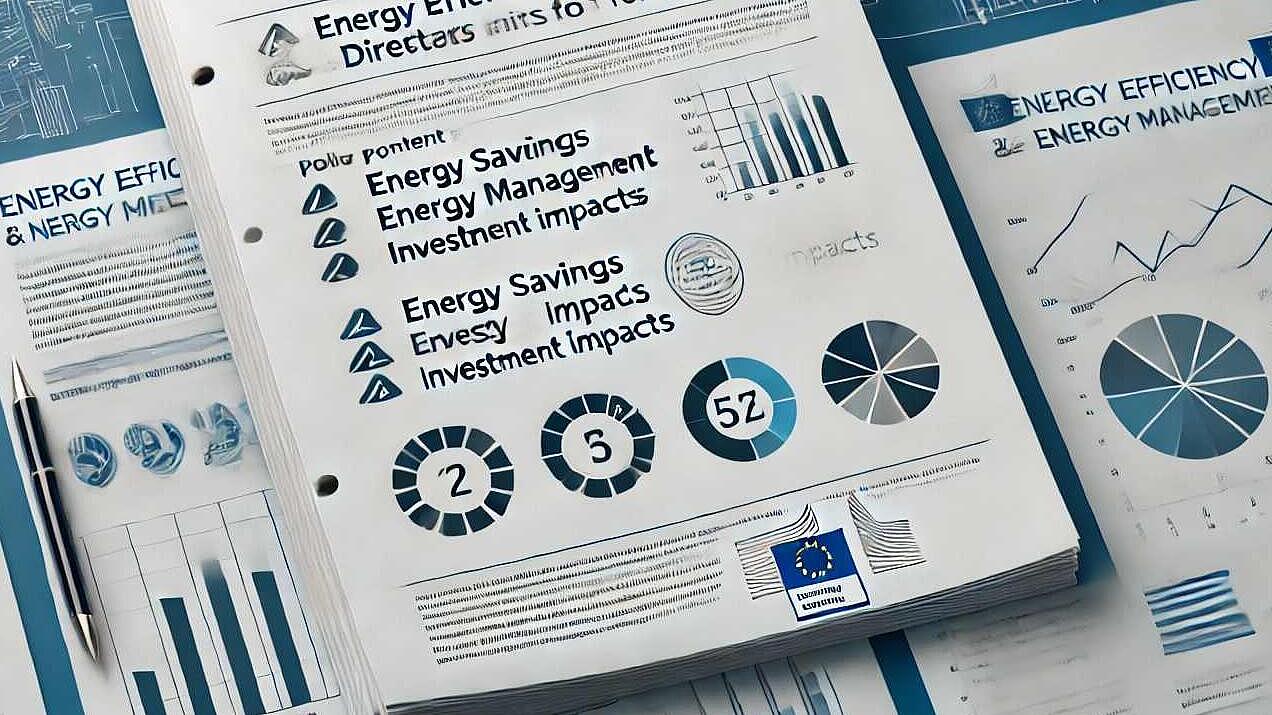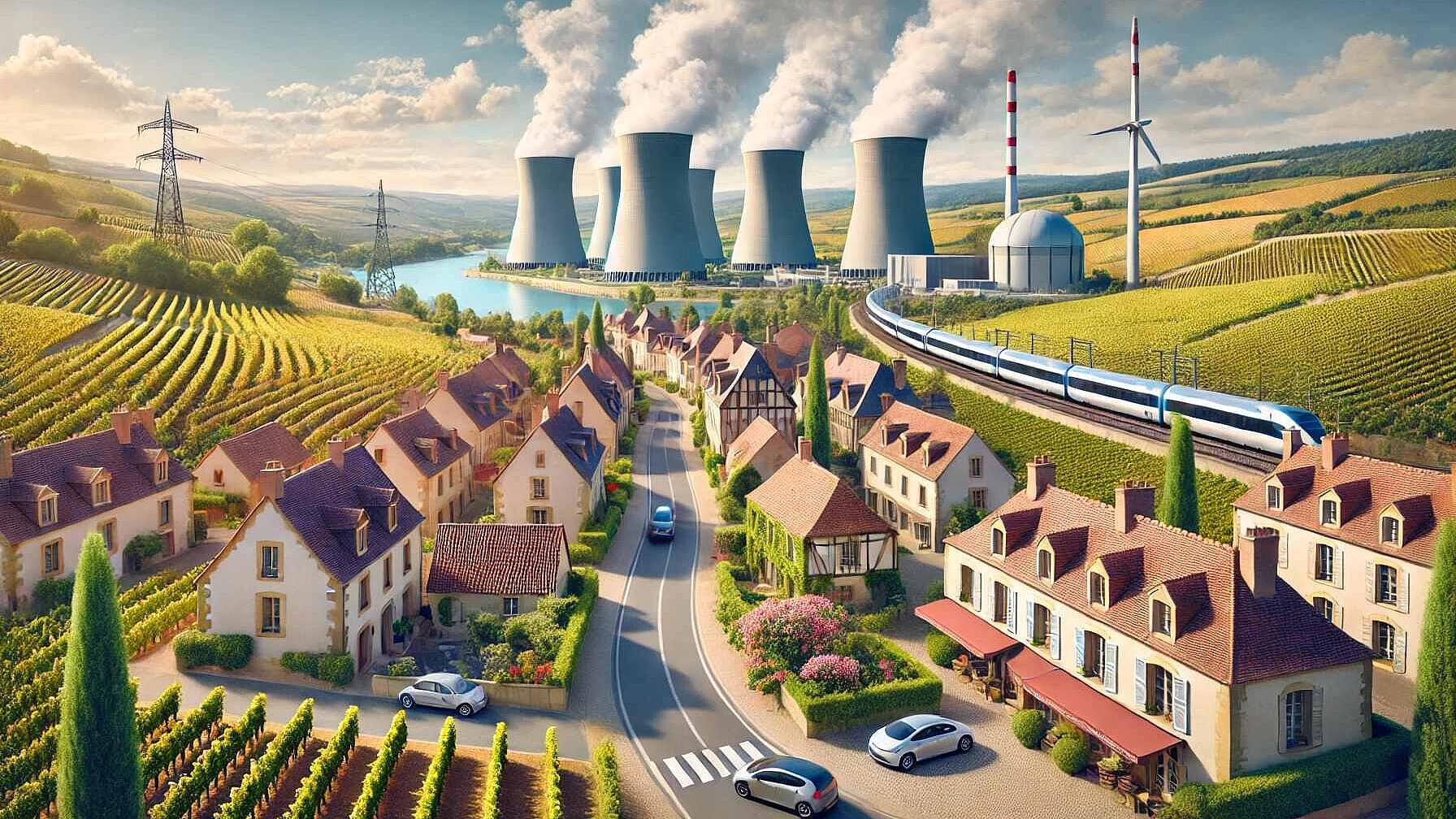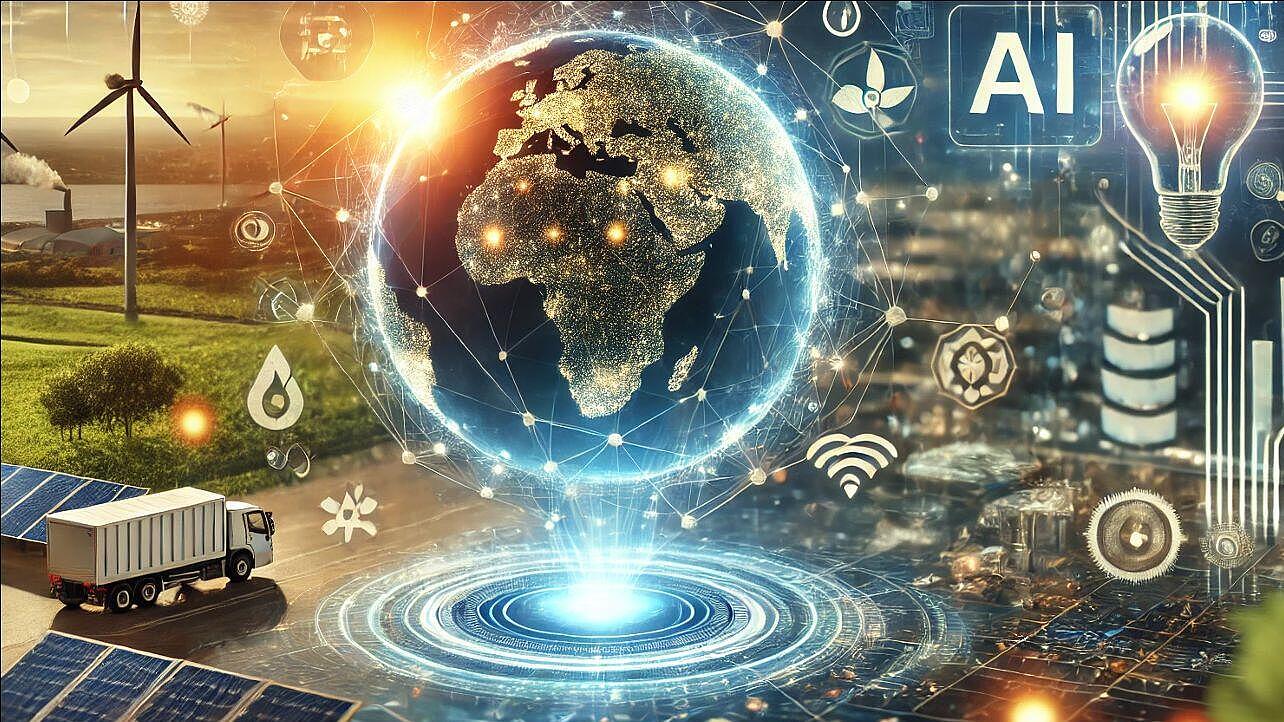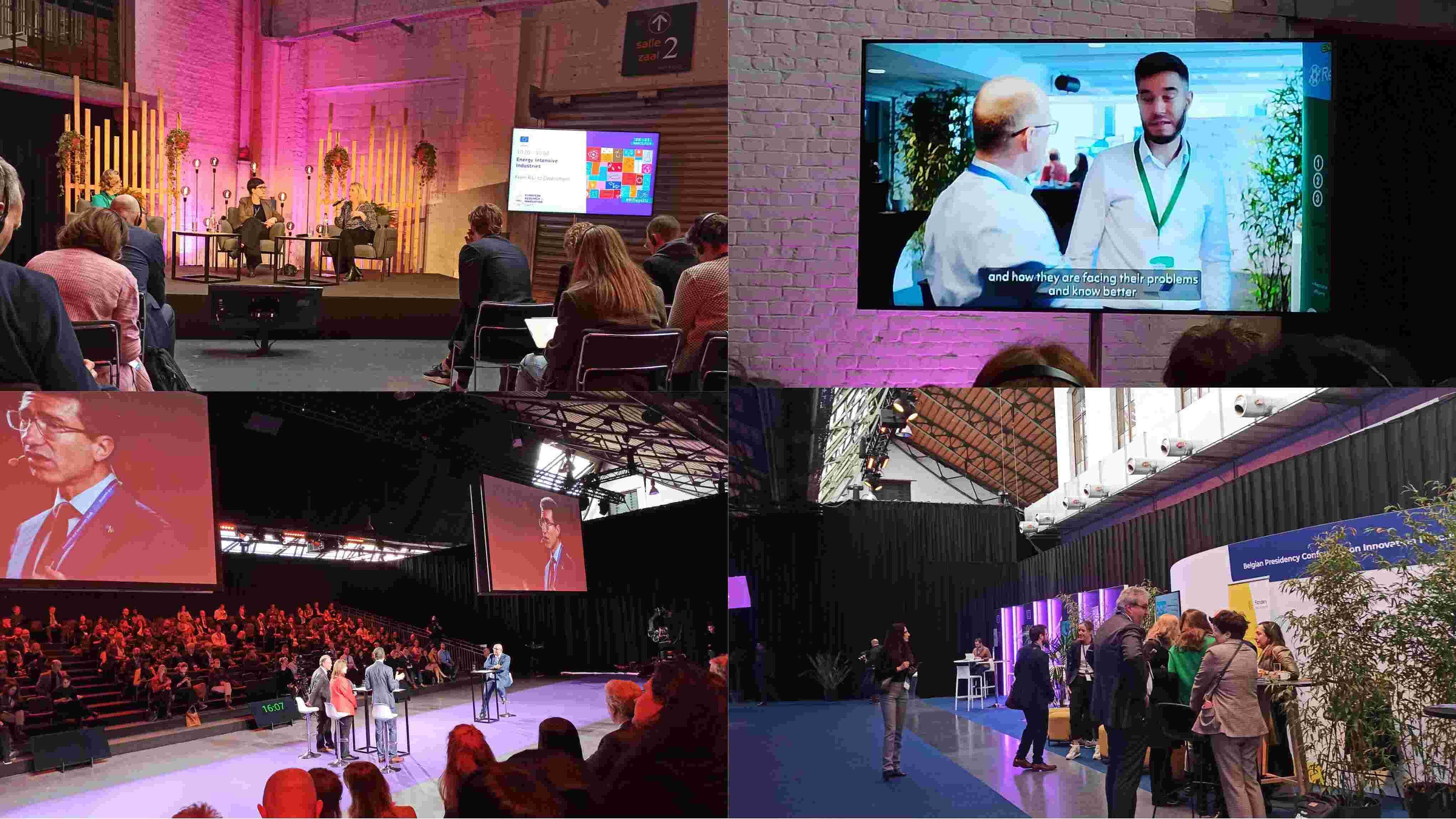 Policy & Regulation
Policy & RegulationPolicy & Regulation
Europe has secured a leading role in the global renewable energy landscape, propelled by its commitment to the European Green Deal and REPowerEU plan, which have bolstered the development and usage of renewables like solar, wind, and bioenergy. In 2022, the EU achieved significant milestones by reducing reliance on Russian fossil fuels and enhancing renewable energy capacity, although it faces competition from countries like China and the U.S. Policy measures like Fit-for-55 and REPowerEU have been crucial in this rapid shift, featuring regulatory reforms, fiscal incentives, and streamlined permitting to boost renewable energy deployment. The geopolitics following the invasion of Ukraine prompted the EU to cut Russian gas imports significantly, spurring investments in renewable energy and storage to enhance energy security and decarbonization. Yet, Europe grapples with challenges such as higher energy costs compared to other regions and sluggish energy efficiency improvements, highlighting areas in need of strengthened policy responses and technology investment. Policy frameworks remain vital, driving clean energy investments despite regulatory hurdles and local opposition, which policymakers are addressing by simplifying regulations and enhancing community engagement. Europe's transition is reinforced by international cooperation, exemplified by commitments like the COP28 agreement, and strategic partnerships to obtain raw materials crucial for renewables. Despite existing challenges, Europe's policy foundations and intention for global collaboration signal a strong path ahead for a sustainable energy future, assuming it can navigate issues related to costs and regulation effectively.
Read Full articleThe AI Act: Shaping Europe's Digital Future and Transforming the Energy Sector
The EU's AI Act introduces a risk-based AI regulation system, banning high-risk practices and enforcing strict requirements for market placement. It includes obligations for both in-EU and foreign entities affecting EU citizens and establishes a governance framework for consistent application, promoting ethical and trustworthy AI development through detailed standards and best practice codes. Significant penalties ensure compliance, while tailored provisions support SME innovation, all impacting broad sectors, including energy, where AI-driven efficiencies require adherence to these new regulations.
Read Full articleFeeding the Future: Navigating Europe's Journey to Sustainability
The "From Farm to Fork" strategy under the European Green Deal sets ambitious targets like reducing pesticides, increasing organic farming, and halving food waste by 2030. It emphasizes environmental health and economic benefits, advocating technological innovation and stronger global partnerships for sustainable food systems.
Read Full articleThe Future of AI: Navigating the AI Act and its impact on energy transition
The EU's AI Act introduces a risk-based framework for AI, mandating requirements for high-risk systems and enforcing compliance. It addresses AI's potential in energy optimization, while emphasizing fundamental rights, safety, and a human-centric approach, with the IEA highlighting AI's role in achieving sustainability goals.
Read Full articleAll you need to know: The EU's bold Energy Efficiency Directive
Directive (EU) 2023/1791 mandates a minimum 11.7% energy reduction by 2030, with specific targets for sectors and Member States. Emphasizing public sector efficiency, building renovations, and consumer empowerment, it sets a framework for sustainable energy use and addresses energy poverty, providing measures for enforcement and financing.
Read Full articleEnergy Efficiency Reloaded: How European SMEs Are Driving Sustainability and Savings
SMEs, at 98.9% of European businesses, collectively account for 13% of energy demand, presenting significant energy efficiency potential. Barriers include financial constraints and lack of energy management. Supportive policies and tailored programs can incentivize efficiency improvements, leveraging SMEs' key role in reaching the EU's energy goals.
Read Full articleAnalysis of the Front National 2024 Program and Its Potential Impact on Financing the Energy Transition
The Rassemblement National's 2024 program prioritizes nationalistic policies, with an emphasis on nuclear power, potentially hindering renewable energy development. The program's focus on traditional energy sources may lead to regulatory changes, affecting investor confidence and France's alignment with EU goals. This could result in tensions with the EU, reduced funding, and a slowed energy transition.
Read Full articleEEIP Leads the Way in Transparent and Responsible AI Use
EEIP's AI policy emphasizes transparency, ethical behavior, and data protection, aligning with EU guidelines to foster trust and drive responsible AI in the energy sector for sustainable, innovative solutions like CircularPSP and DMaaST, within regulatory compliance.
Read Full articleTHE PATH TO TRANSFORMATION: EUROPEAN RESEARCH AND INNOVATION DAYS 2024
The European R&I Days highlighted the need for a comprehensive government approach involving research and innovation to achieve the European Green Deal’s decarbonization targets. Showcasing success stories, it emphasized collaboration for transforming energy-intensive industries and integrating R&I for a sustainable future.
Read Full articleTHE DECENTRALIZATION OF ENVIRONMENTAL TAXES: ENVIRONMENTAL OR ECONOMIC ADVANTAGE?
The article examines the efficacy of decentralizing environmental taxes to address region-specific environmental issues, contrasting it with centralization that may cause fiscal competition and efficiency losses. It suggests harmonizing economic incentives with environmental protection to optimize the impact of environmental taxes on sustainability.
Read Full article